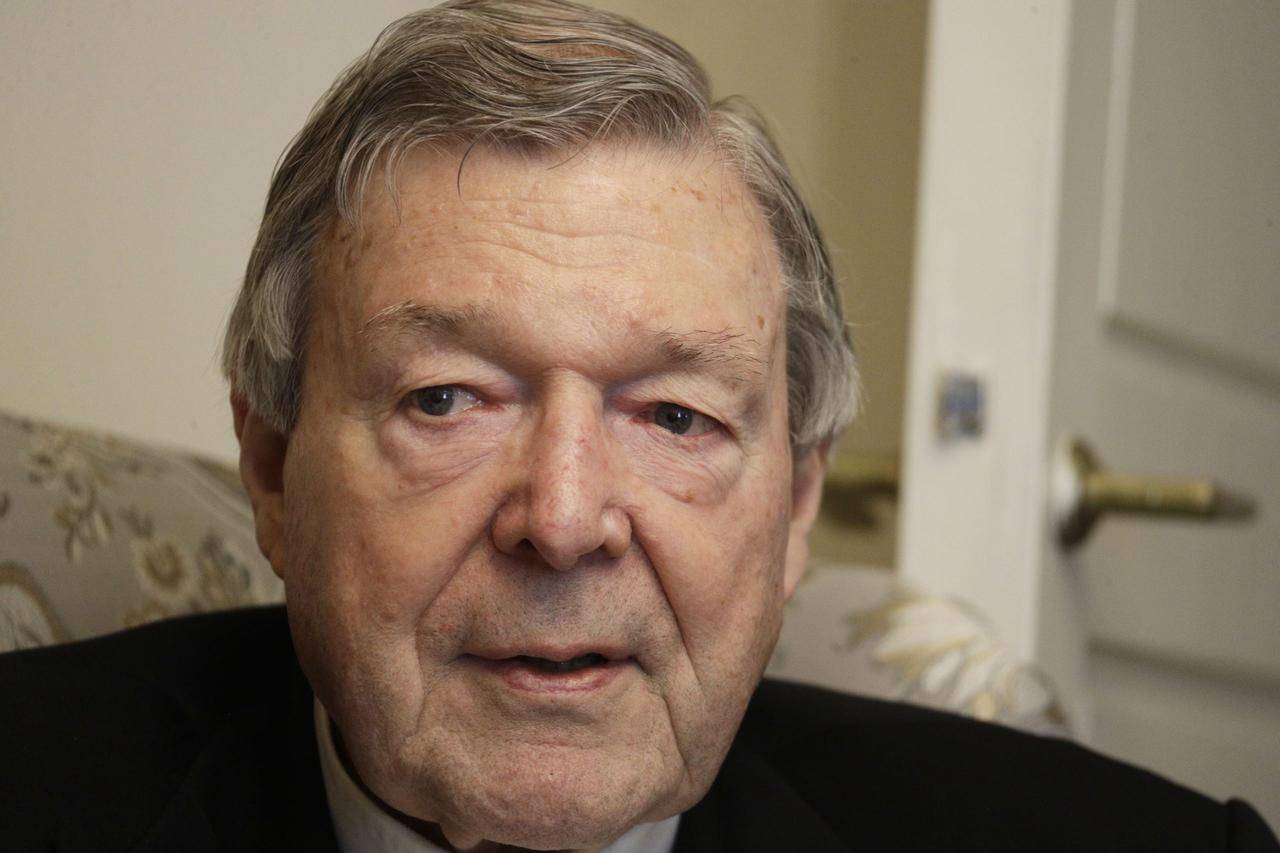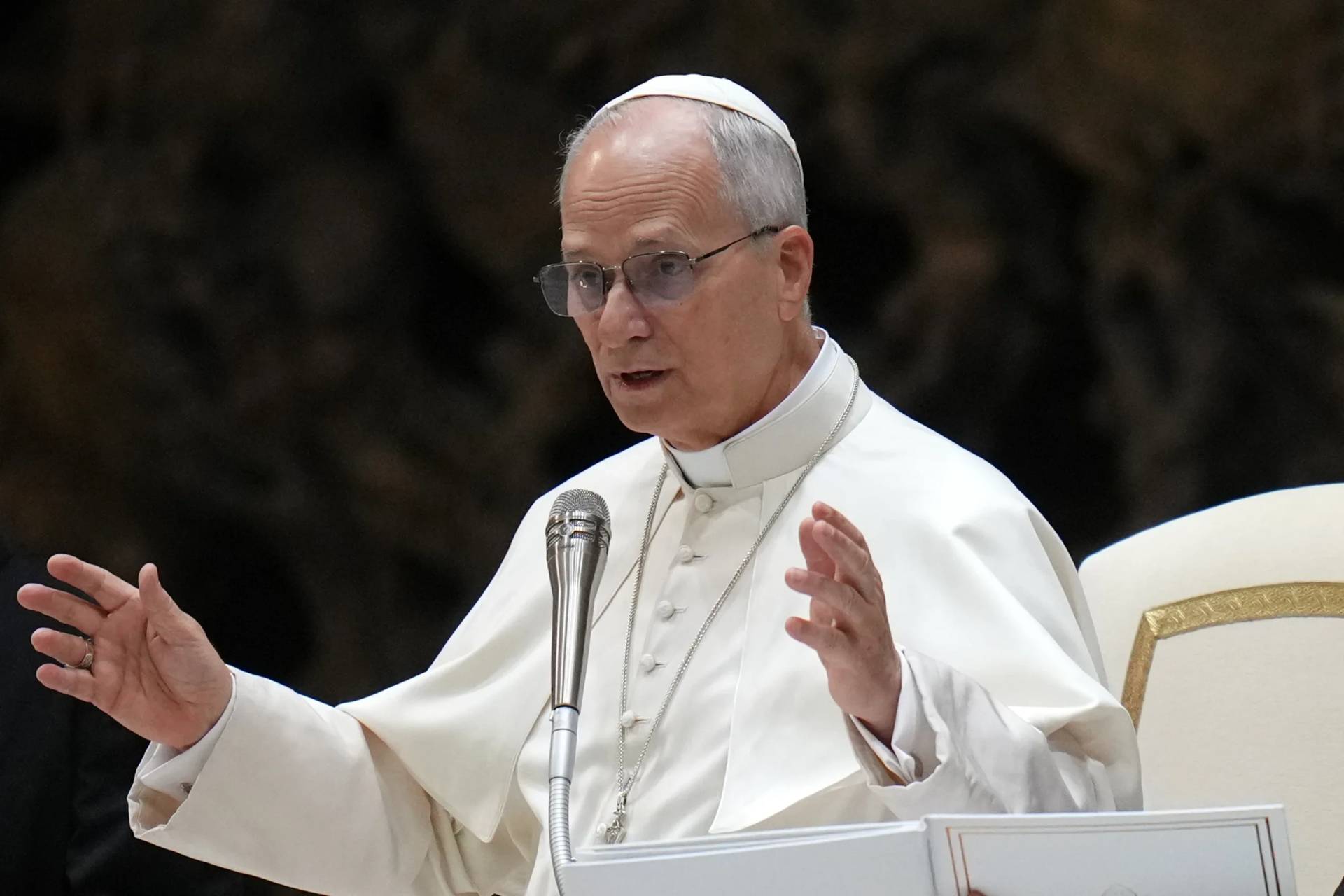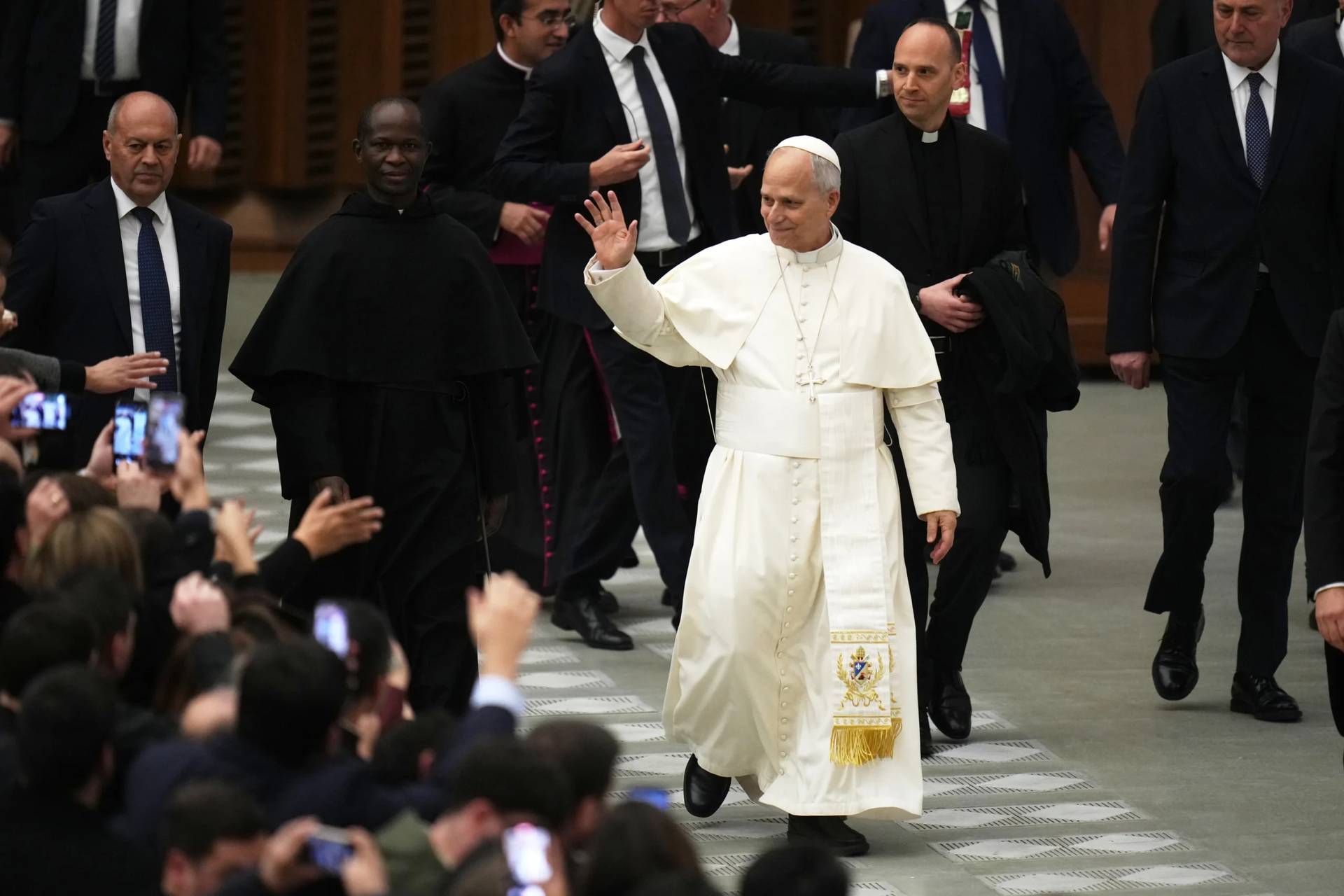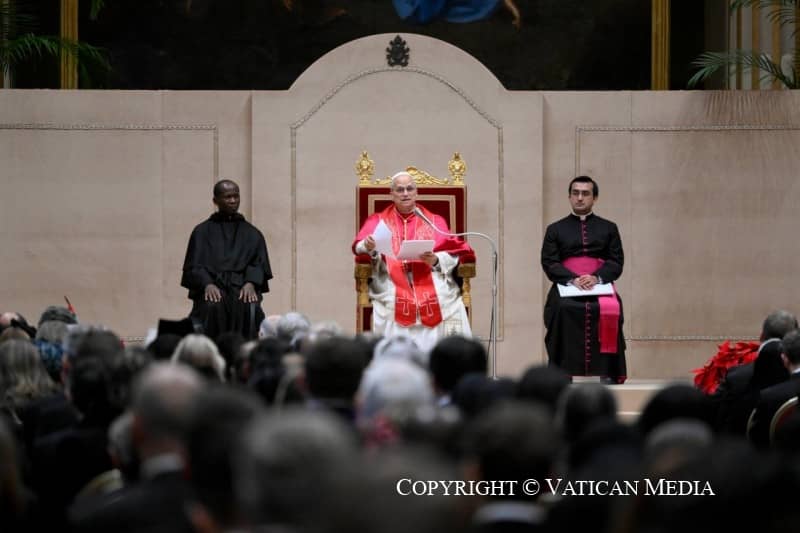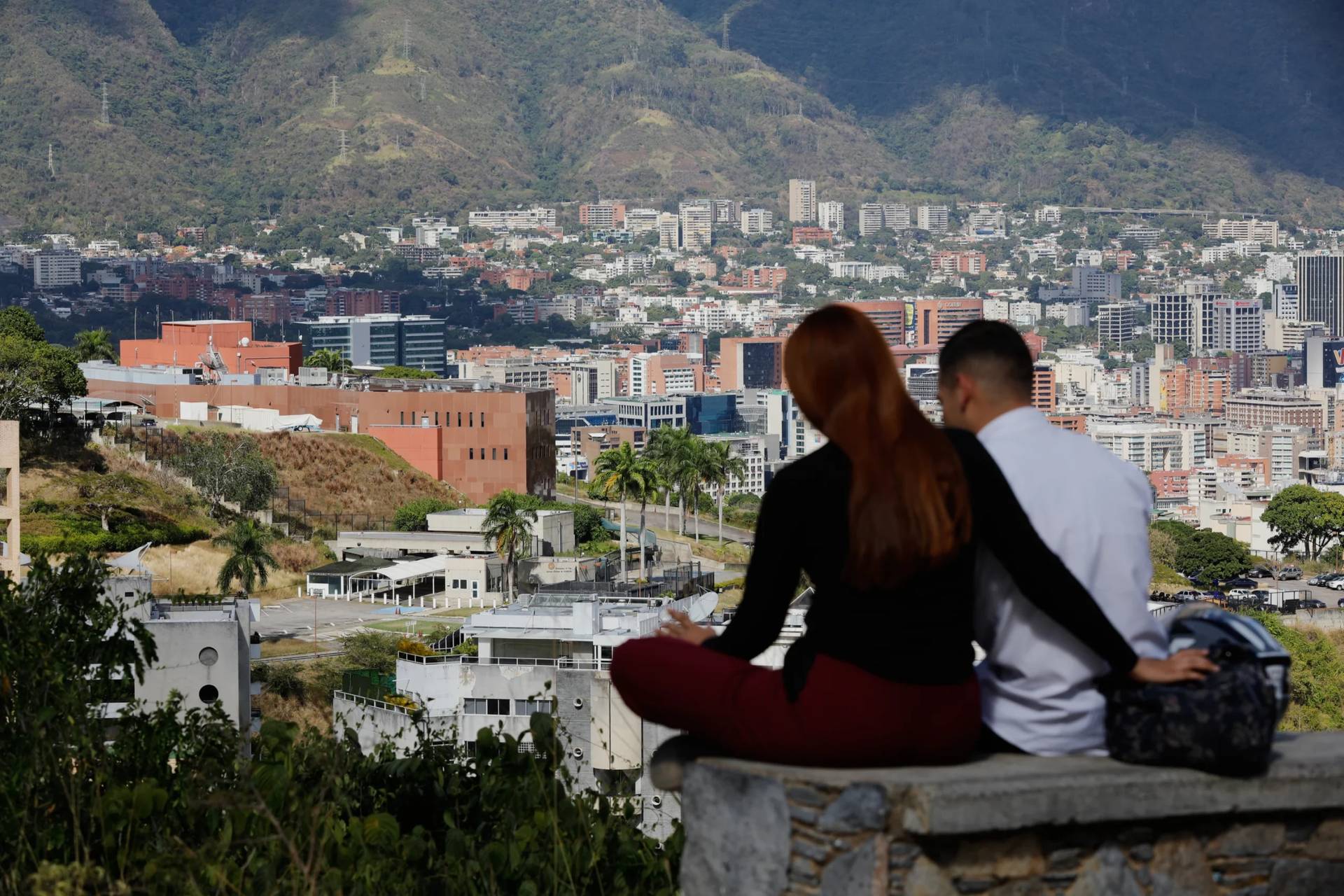QUITO, Ecuador — Pope Francis began his ninth international trip Sunday by stressing protection of the environment in Quito, the first of five cities he’ll visit in an eight-day whirlwind tour to Ecuador, Bolivia, and Paraguay.
The outing is personally dear for history’s first pope from Latin America, who’s returning to his home continent for the second time since becoming pope, the first visit coming in 2013 to Brazil for World Youth Day.
“I thank God for having allowed me to return to Latin America,” Francis said in his opening remarks upon landing.
He thanked the Ecuadorians for the warm welcome ceremony that included a choir of hundreds of children, saying, “It’s a sign of the hospitality which so well defines the people of this noble nation.”
Delivered after a 13-hour plane ride – and, because of the five-hour time difference, an hour after his bedtime – the pope’s opening speech contained the key points he’ll address in upcoming days: Faith, dialogue between the Church and the national government, the environment, and the care for the poor and marginalized.
After the customary words of gratitude to Ecuadorean President Rafael Correa, Francis listed a number of saints that throughout history have shaped the faith of this Latin American nation, highlighting the intensity with which they’ve lived their faith issuing a clear appeal to continue doing so.
“For centuries, the faith has shaped the identity of this people,” Francis said, before making a call to find in the Gospel the key to “meeting contemporary challenges, respecting differences, fostering dialogue and full participation,” so that Ecuador’s growth in progress and development will ensure a better future for everyone.
It’s because of Ecuador’s religious origin, Francis told Correa, that he can count on the commitment and cooperation of the Church, something he’s highly in need of right now.
In the days leading to the visit, thousands have taken to the streets in Ecuador, protesting against two laws Correa tried to approve before the visit, one that would increase taxes over inheritance and another focusing on redistribution of wealth.
Towards the end of his speech, Francis mentioned the nation’s four major natural emblems — the peak of the Chimborazo, the Pacific coast, the Amazon rainforest, and the Galapagos Islands — asking Ecuadorians to be “constantly struck” by the nobility of the people and the country’s singular beauty.
“May you never lose the ability to protect what is small and simple, to care for your children and your elderly, [and] to have confidence in the youth,” he said.
Christians represent an overwhelming majority in Ecuador, where according to a report from Pew Research released last November, more than 79 percent of the locals define themselves as Catholics.
But Ecuador is part of a continent where the Church is rapidly losing faithful, with a study from mid-1990s finding that up to 8,000 faithful leave the Church daily, either in favor of Pentecostalism or, increasingly, secularism.
Upon landing at Mariscal Sucre International Airport, a small contingent of Ecuadorians, including a youth band and a group of indigenous people, welcomed the pope.
Correa, the president, expressed the two leaders’ shared values in a 15 minute speech, such as the commitment to safeguard life from the moment of conception, promoting the family as society’s nucleus, and protecting “our common home,” a reference to the pope’s recently released encyclical on the environment.
He also said that it is erroneous to call Latin America one of the most Christian continents in the world when so many who have nothing to eat.
“Sharing the bread is a Christian principle,” he said. Poverty in the region, he said, is not the result of lack of resources, but the consequence of a “perverse” economic and political system.
During his politically charged speech, which lasted more than twice as long as the pope’s brief address, Correa called Francis a “moral giant” for Catholics and non-Catholics alike, quoting the pope on inequality, injustice, and the uneven distribution of wealth, which he said leads to violence, a reference to legislation Correa is championing.
Quoting the pope’s encyclical, Laudato Si’, Correa said “politics shouldn’t surrender to economy, but the two should be place at the service of life, particularly human life.”
Correa also referred to an issue close to the pope’s heart: The need to protect the environment.
Elected in 2007, Correa reformed the constitution to include the “rights of nature,” inspired in the ancestral Andes notion of Sumak Kawsay, that translates to “the good living.”
The 2008 constitution placed Pachamama, or “Mother Earth,” in the center of state policy. Correa has been campaigning on this platform for so long that he was even the sole head of state invited to participate in a summit held at the Vatican last April on climate change.
Yet it was under his government that new oil drilling permits were given to companies that will reportedly destroy thousands of acres of Ecuador’s Amazon forest.
When granting the permits for drilling in the remote Yasuni National Park, considered by the scientific community to be one of the places with more biodiversity in the world, Correa justified his decision saying that even though protecting the natural resources is important, the country cannot starve while sitting over such wealth.
On Monday, Francis will take a one-day trip to Guayaquil, the country’s largest city, where he will celebrate an open-air Mass and meet with representatives of the local Jesuit community, the pope’s religious order.
The crowd for the Mass is estimated to be of more 1.2 million people, almost a quarter of Guayaquil’s population.
On Monday’s outing, Mayor Jaime Nebot will give Francis the keys to the city. The ceremony could become one of the most politically charged moments of the visit.
According to one of the Ecuadorian journalists on-board of the papal plane, Nebot is considered one of the strongest figures of the opposition against Correa.
In recent days, talking to the local press, the mayor said that the national government is using the Argentinian pontiff for political purposes, by covering the city with what he described as “out of context” quotes from Francis, such as “there must be a redistribution of wealth,” with the pope’s face and the government’s logo.
As most members of the opposition, Nebot is against the two bills Correa tried to pass before the visit. The president called off the discussion, hoping the papal visit would play in his favor, as the graphic campaign shows.
“The only thing missing is that they write ‘We need to approve these laws,’” Nebot said.
For Guayaquil’s mayor, the papal visit is a pause in a conflict that is far from being resolved, “like Christmas was during the First World War.” However, observers believe the division could actually put a damper in the visit if protesters continue to take the streets demanding Correa’s resignation, as they have during the days leading to the visit.
Francis is the second pope to visit Ecuador; St. John Paul II traveled to the country in 1985.






